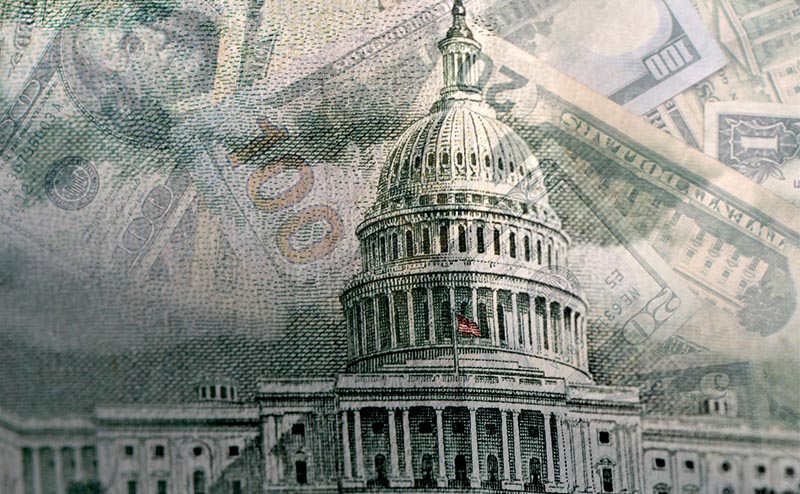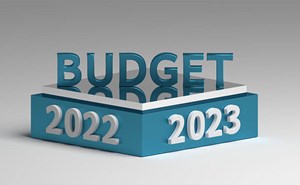Last week, President Biden released the entire Fiscal Year (FY) 2022 President’s Budget. As you may recall, the administration issued its initial “skinny” budget in April, which only included the “discretionary spending” section of the Budget. This complete Budget, which totals $6 trillion, includes spending requests for all government programs.
The President’s Budget submission, which is required to be submitted to Congress annually, represents an opportunity for the administration to not only put forth funding requests for programs and initiatives that are subject to the Congressional appropriations process (called “discretionary” spending requests), but also to propose large-scale reforms to entitlement programs (like Medicare and Medicaid) and other programs that are already established and funded in law.
To me, the sweeping health care policy proposals are what truly make a President’s Budget intriguing. This is a chance for the administration to lay out its vision and priorities for how to reform our health care system. I worked on eight President’s Budgets when I worked at the Budget Office within the U.S. Department of Health and Human Services (HHS), and each one had a set of such proposals.
That is why I was surprised to find that this President’s Budget does not include any!
While there were initially rumors that the Budget would include policy proposals around Medicare and the Affordable Care Act (ACA) marketplaces, it does not include any detailed policies. The Budget does however call on “Congress to take action this year to reduce prescription drug costs and to further expand and improve health coverage” and states that as part of the President’s health care agenda he wants to: 1) lower the cost of prescription drugs by letting Medicare negotiate payment for certain high-cost drugs; 2) improve Medicare, Medicaid, and ACA coverage; and 3) creating additional public coverage options by creating a public option that would be available through the ACA marketplaces and giving people age 60 and older the option to enroll in Medicare.
Although it is historic that the President’s Budget does not include any details on new health care policy proposals, it does go into length describing initiatives that have already been announced, such as those found in the American Rescue Plan Act, the American Jobs Plan, and American Families Plan. It also includes significant increases in spending for HHS programs. In all, the President Budget includes a funding level for HHS in FY 2022 of $131.7 billion, which is a $25 billion, or 23.5-percent, increase over the current FY 2021 level. While these investments were described in limited amount of detail in the skinny budget (and discussed in my previous Regs & Eggs blog), now they are fully fleshed out. If you want to take a deep dive into the numbers, the HHS Budget in Brief includes a significant amount of detail on HHS’ budget request.
It is important to note that while all President’s Budgets, like this one, are unique in some respects, there is one constant year after year: Congress gets to ultimately decide whether to adopt any of requests in the Budget, and the likelihood of Congress enacting all of them is slim to none. Every Budget, no matter what administration is in charge, includes significant deviations from current funding levels for numerous programs and initiatives. In some cases, administrations want to show that they are prioritizing spending in certain area, and in other cases, administrations use the Budget as a means to propose cuts or scale down the size of programs. Ideally, the Budget should show Congress what programs are working and should continue to be funded at equal or higher levels, and what programs aren’t working and should be cut. This particular Budget shows significant investments in preparing for future public health emergencies, addressing the opioid crisis, expanding biomedical capabilities, and promoting health and social service equity. However, given the significant increase in spending the Budget is proposing, the Budget in its entirely has no chance of being completely adopted.
Even if Congress doesn’t adopt a single proposal, I would still argue that the President’s Budget is not a futile exercise (and I’m not just saying that because I worked on eight of them!). Having an annual platform for touting accomplishments and listing priorities is good for overall government transparency and accountability and helps both Congress and the public understand and appreciate the benchmarks and goals that the administration is striving to achieve.
Until next week, this is Jeffrey saying, enjoy reading regs with your eggs.






